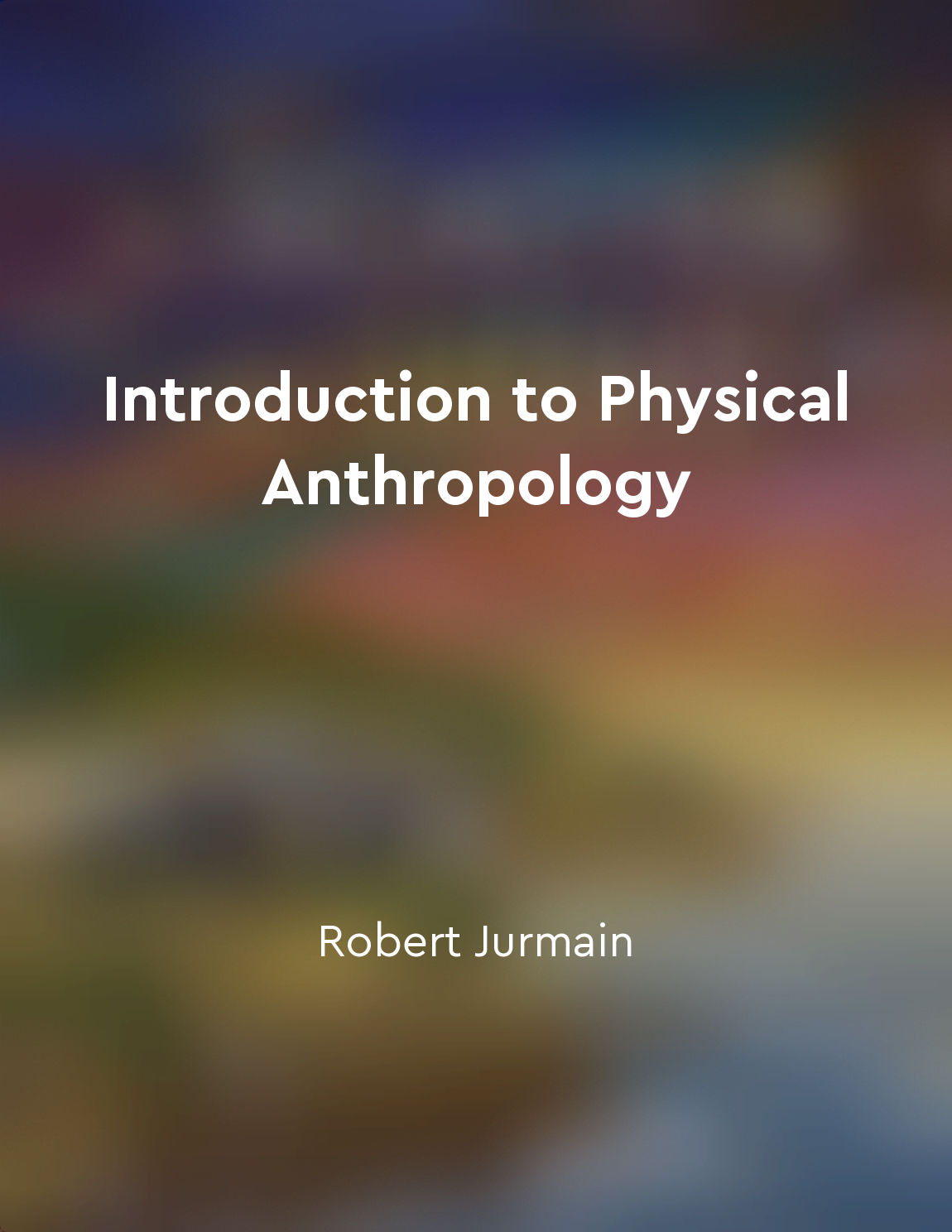IQ scores are influenced by both nature and nurture from "summary" of IQ and Human Intelligence by Nicholas Mackintosh
The idea that intelligence is a product of both genetic inheritance and environmental influences is a central theme in the study of IQ. This concept, known as the nature-nurture debate, has been a source of much discussion and controversy among psychologists and researchers. On one hand, there is evidence to suggest that genetic factors play a significant role in determining an individual's IQ. Studies of identical twins raised apart have shown that these individuals tend to have similar IQ scores, despite being raised in different environments. This suggests that there is a genetic component to intelligence that is independent of environmental factors. On the other hand, environmental influences also play a crucial role in shaping an individual's IQ. Studies have shown that children raised in stimulating and intellectually enriching environments tend to have higher IQ scores than those raised in less stimulating environments. This suggests that environmental factors such as education, socioeconomic status, and parental involvement can have a significant impact on an individual's intelligence. It is important to note that the nature-nurture debate is not a matter of either/or, but rather a complex interplay between genetic and environmental factors. Both nature and nurture interact to shape an individual's intelligence, with genetic factors setting the stage for potential and environmental factors influencing how that potential is realized.- IQ scores are influenced by a combination of genetic inheritance and environmental influences. While genetic factors may provide the foundation for intelligence, environmental factors play a crucial role in determining how that intelligence is expressed. The nature-nurture debate highlights the importance of considering both genetic and environmental factors in understanding human intelligence.
Similar Posts

Primate behavior can shed light on human social structures
Primate behavior offers valuable insights into the social structures of humans. By observing primates in their natural habitats...

Embrace failure as a learning opportunity
Failure is not a sign of weakness, but an opportunity to grow and learn. When we embrace failure as a learning opportunity, we ...
Mind is not a separate entity from the body
According to Gilbert Ryle, the common belief that the mind is a separate entity from the body is a fundamental misconception. M...
Women in science must fight against sexism and discrimination
Women in science face an uphill battle against sexism and discrimination. Despite the progress made in recent years, the scient...
The environment plays a significant role in shaping our behavior
The environment is a powerful force that shapes our behavior in ways that we may not even realize. From the moment we are born,...
Meditation can improve mental clarity
In our fast-paced, modern world, our minds are often cluttered with a constant stream of information and distractions. This can...
Assessment methods should align with realworld problem-solving and critical thinking skills
Assessment methods must be closely connected to the skills that are most valued in the real world: problem-solving and critical...
The brain is responsible for all of our thoughts and actions
The brain is the ultimate controller of our thoughts and actions. It is the physical organ that generates everything we feel, t...

Quantum mechanics may explain consciousness at a fundamental level
One of the most profound mysteries in science is the nature of consciousness. For centuries, philosophers and scientists have s...
Emotions play a crucial role in decisionmaking
David Brooks delves into the intricate relationship between emotions and decision-making, shedding light on how our emotional r...

